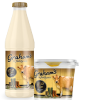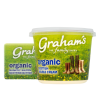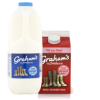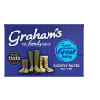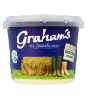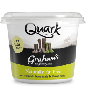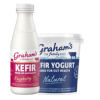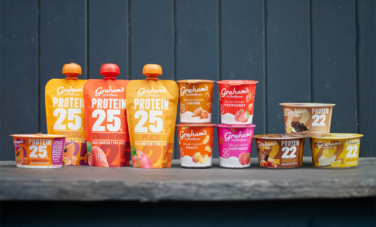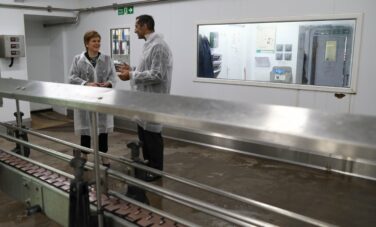
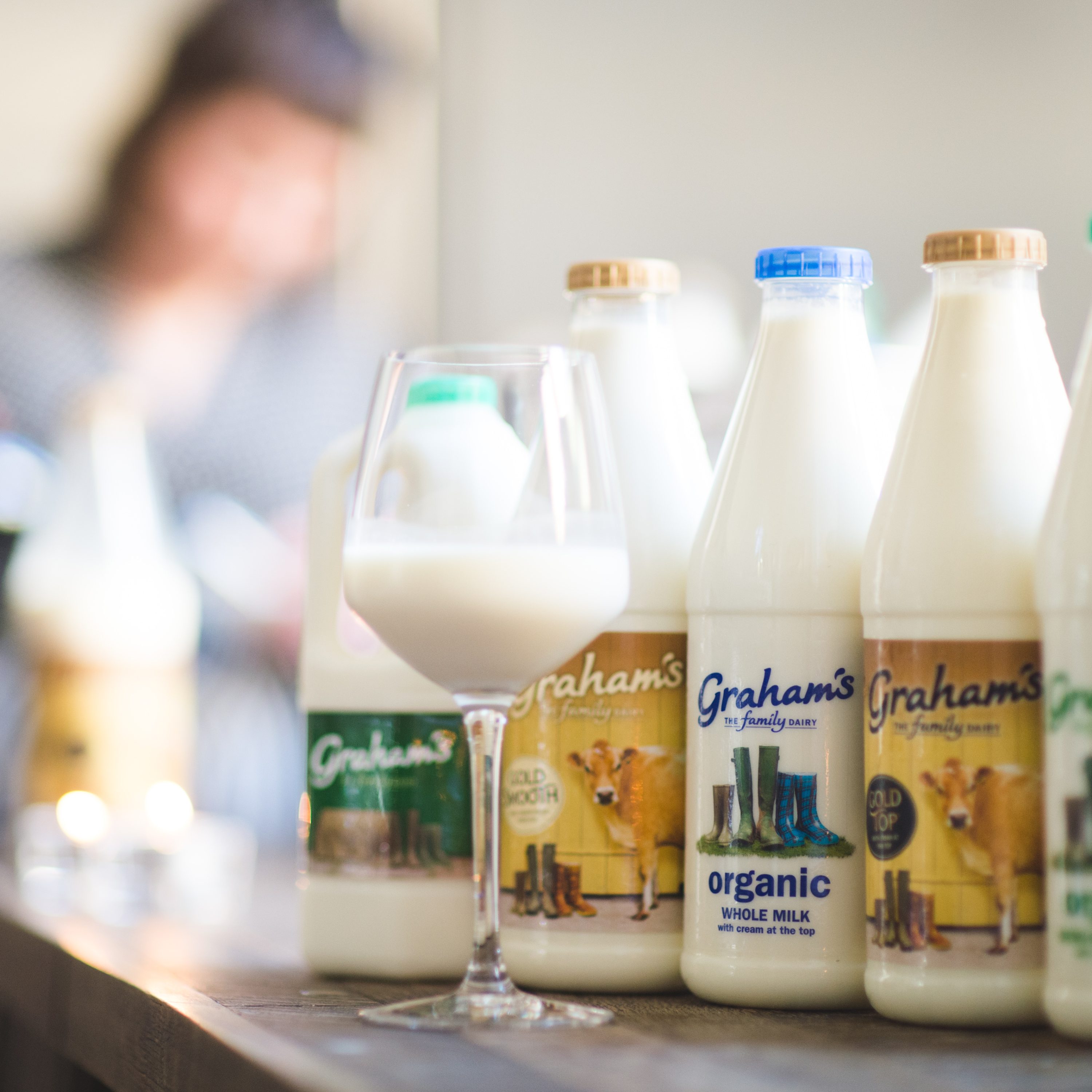
The link between bone health and milk intake is fairly well-known. Most people probably remember their parents urging them to drink milk in order to grow up ‘big and strong’. But parental good intentions aside, what’s the actual scientific thinking behind the notion of milk’s abilities to help our bodies maintain healthy bones? Well, read on and this blog will explain all.
The Basics
Like most other materials that make up your body, bones are a living, growing tissue – not as rigid and fixed as they might seem. They’re quite incredible as a matter of fact. Did you know that your bones do a multitude of jobs other than just providing a frame for our bodies? They produce red and white blood cells and store minerals too. If magnified you’d notice a honeycomb like matrix in its structure, this is what gives them their rigidity. The main component of our bones is calcium – a substance that a lot of modern diets don’t include a lot of. In fact, some studies have shown that a lack of calcium can be linked to low bone mass and even broken bones.
Why milk?
Milk (and dairy foods in general) offer us a combination of important nutrients; vitamin D, protein, phosphorus, magnesium, potassium, vitamin B12 and zinc. This mixture is proportioned in just the right way that it allows for a unique interaction that helps promote bone health as well as skeletal development. In terms of growth most people’s bones stop growing around their late teens. After that, the body turns its attention to keeping bones strong and hard and this bone density keeps growing until you’re around age 30. So you see why it’s so important to make sure you’re treating your bones to the good stuff while they’re growing, and even when they’ve stopped. Given the wealth of nutrients found in milk, it’s a great way to keep this important organ healthy and happy.
Improving overall bone health
Drinking milk is certainly one effective way to keep your bones healthy, but there are other measures you can take to meet the sames ends. One of them is regular weight-bearing or muscle strengthening exercise, so anything that forces you to move against gravity; weight lifting, strength training, running and aerobics for example. Vitamin D is essential for calcium absorption too. We get vitamin D in foods like milk, fatty fish, orange juice and cereals. Our bodies can produce vitamin D through exposure to sunlight too – so a good excuse for a cheeky wee tanning session in the garden when the weather’s a bit warmer!

